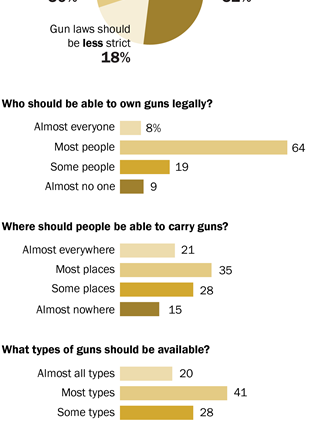Children should be “nobly neglected,” says Swiss psychotherapist Allan Guggenbühl. He advocates pampering children less and giving them more freedom. It is extremely difficult for many parents to decide on this, because society is pressing from everywhere. The fear of being bad, inattentive, uncaring is too great, and it is completely unclear how to get rid of it.
The Swiss psychotherapist, unlike many other authors, knows from his own therapeutic practice the fears of many fathers and mothers. It seems to them that they are not raising their child well and attentively enough to exist quietly in our “neoliberal society”.
Allan Guggenbühl in The Best for My Child. How we deprive our children of childhood” invites mothers and fathers to show courage and strongly advocates for the right of children to a playful childhood and a spontaneous, chaotic adolescence in which they are allowed to try themselves and make mistakes.
He insists on loosening control and telling adults: less school, less inhibitions, more free space, more benevolent parental neglect, and more aimless «wandering» of the child. After all, parents, no matter how sad it was to read this, do not necessarily know better than their child the right decision for his future life.
“Adolescents no longer want their future to be formulated and built by adults, they want to design it themselves,” the author writes.
Children’s lack of freedom
What will happen to the children who now have everything? Will they become self-satisfied egocentrics or helpless adults? First of all, one should be afraid of their failure, the psychotherapist is convinced.
“You are doing children a disservice when you remove any obstacles in their path and constantly meet all their needs. They begin to feel that the environment should fulfill their desires, and it’s unfair if it doesn’t. But life can be tough and contradictory.”
But isn’t behind the phenomenon of «helicopter parents» (this term was born as an image of mothers and fathers forever circling over the child) an attempt to protect the child from this unfair world? It is clear that parents want the best for their child.
The number of children in families has decreased, and the age of parents has increased. Older parents are more afraid for their children — this is a fact. A single child runs the risk of becoming an emotionally charged project. In addition, such parents have more time for the child, and this often goes sideways for him.
Children stopped playing freely in the street. Their mobile phones are enough for contact with peers. The way to school is now carried out by the services of «mom-taxi». Swings and slides on playgrounds are filled with kids who are constantly under the control of parents or nannies.
The leisure of a child — from a preschooler to a graduate — is rigidly organized, any prank or teenage experiment immediately becomes socially unacceptable and is interpreted as a pathology and even a mental disorder.
But then the question arises: How long freedom does a child need and How long care? Where is the golden mean? “Children need caregivers they can rely on,” says Allan Guggenbühl. — However, they do not need adults who impose various programs on them. Let the children choose their own interests.
Work, not just study
What do children need to be happy? According to Allan Guggenbühl, they need love. A lot of love and principled acceptance from parents. But they also need strangers who will communicate with them and gradually introduce them into the world. And here the school plays an important role. However, even here the psychologist has reservations.
You need to study, but taking a break for other useful activities. Child labour? This would be the solution! postulates the Zurich psychotherapist. “From the age of nine, publish newspapers once a week instead of going to school. And so it went for several months.” This will expand the possibilities of the child.
You can use it in warehouse work, work in the field or in small commercial cases — for example, part-time work in the store when laying out goods on racks, helping at the checkout, cleaning services and consulting for customers. Restaurants offer many opportunities to earn money.
The salary, according to the author of the book, should not correspond to the level of adults, but from the point of view of the child, it should be significant. Guggenbühl is convinced that this will provide children with an awareness of real responsibility and effectiveness in the adult world.
However, the problem with Guggenbuhl’s book, as well as many similar parenting textbooks, is that its conclusions only apply to a subset of the population, critics say. Looking at the shelves in bookstores, one might think that the control and encouragement of European parents is a huge social problem.
In reality, it is far from being the case. A much more pressing issue is that, for example, in Germany, 21% of all children live permanently in poverty. In Bremen and Berlin every third child is poor, even in wealthy Hamburg every fifth child lives below the poverty line. And what will such statistics look like if you look at Russia?
Children living below the poverty line are constantly in psychological stress, cramped living conditions, their parents do not have money for healthy food, education, hobbies and vacations. They are definitely not threatened by being spoiled and indulging whims. It would be nice if counselors among child and adolescent psychotherapists would devote their time and attention to this aspect of childhood as well.










